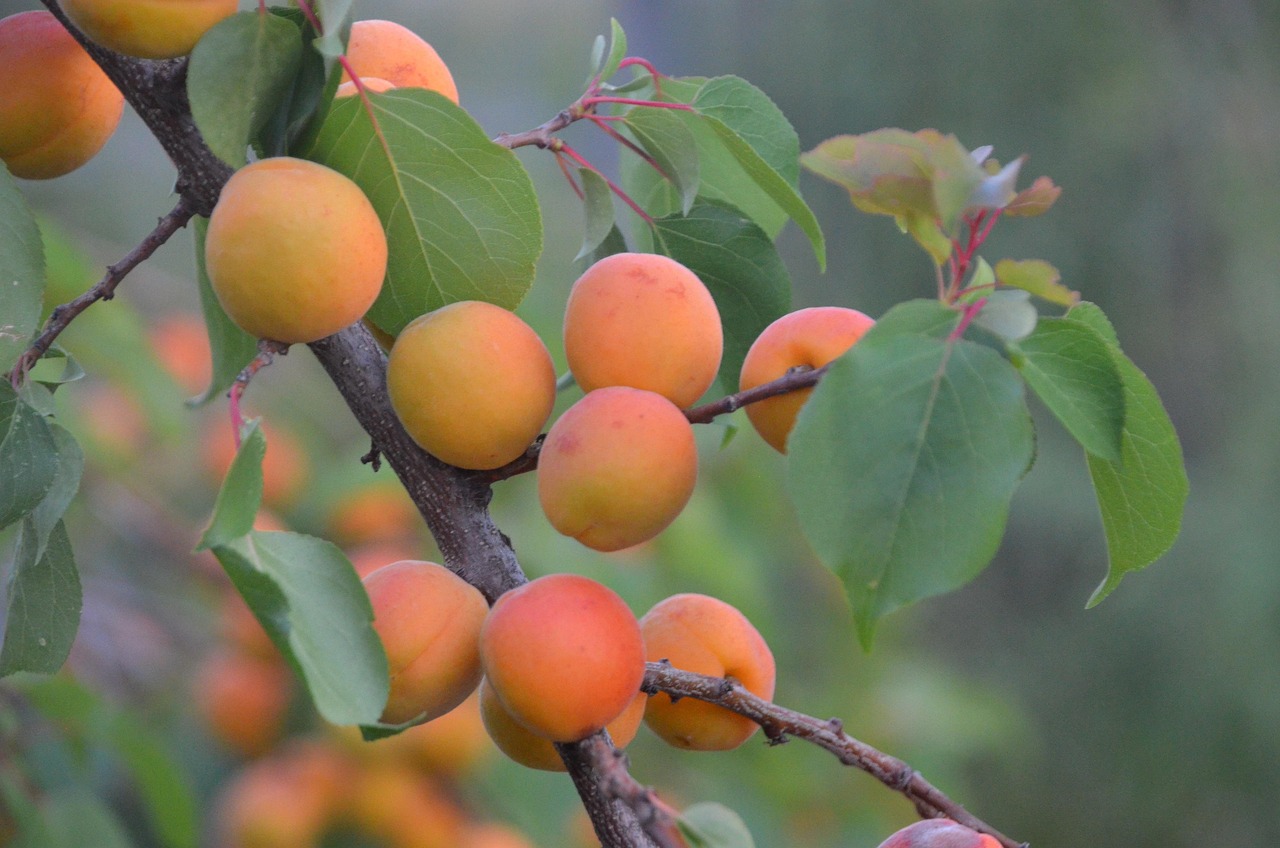-
Series of earthquakes rattle Inland Empire - 12 mins ago
-
Micah Parsons to Rams? Aaron Donald Return? Cowboys Star, NFL Legend Discuss It - 18 mins ago
-
Jack Osbourne shares heartfelt tribute to father Ozzy after his death - 20 mins ago
-
Trump, Apple to announce new $100 billion commitment to manufacturing in U.S. - 27 mins ago
-
Gen Zer Wants To Bring Back Vintage Millennial Style, Divides Opinion - 41 mins ago
-
Terrifying Video Shows Flash Flooding Tear Through Village in India - 55 mins ago
-
Michael Rapaport defends ‘Euphoria’ star Sydney Sweeney over American Eagle ad - about 1 hour ago
-
Last Night in Baseball: Can Anyone Stop The Brewers? - about 1 hour ago
-
Disney’s ESPN announces major deals with NFL, WWE, as entertainment company’s profits soar - about 1 hour ago
-
Neighbor Throws Cigarette From Upstairs, Outrage Over What It Ruins Below - about 1 hour ago

In recent years, spring frosts have regularly caused difficulties for Hungarian apricot growers.Continue reading
































